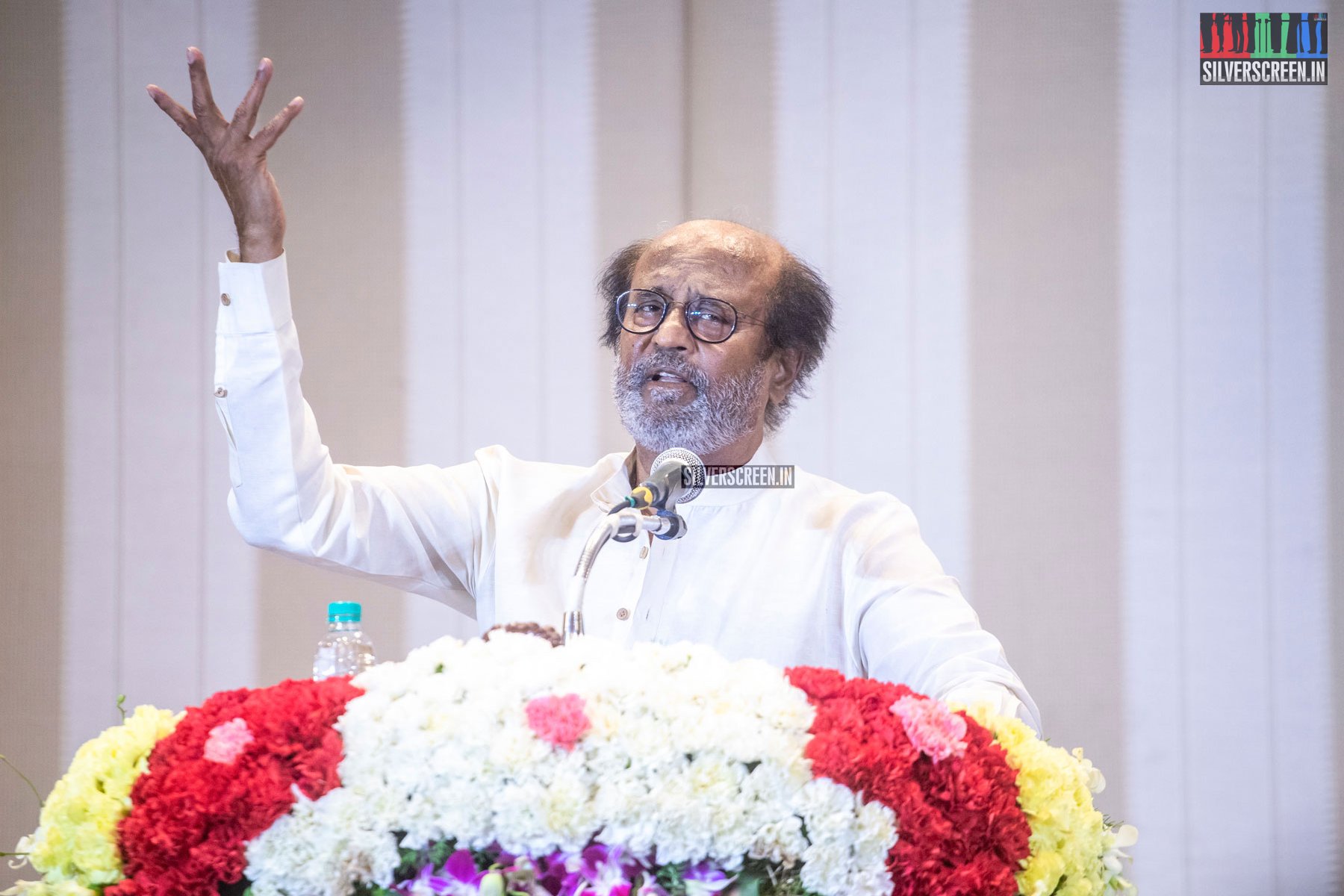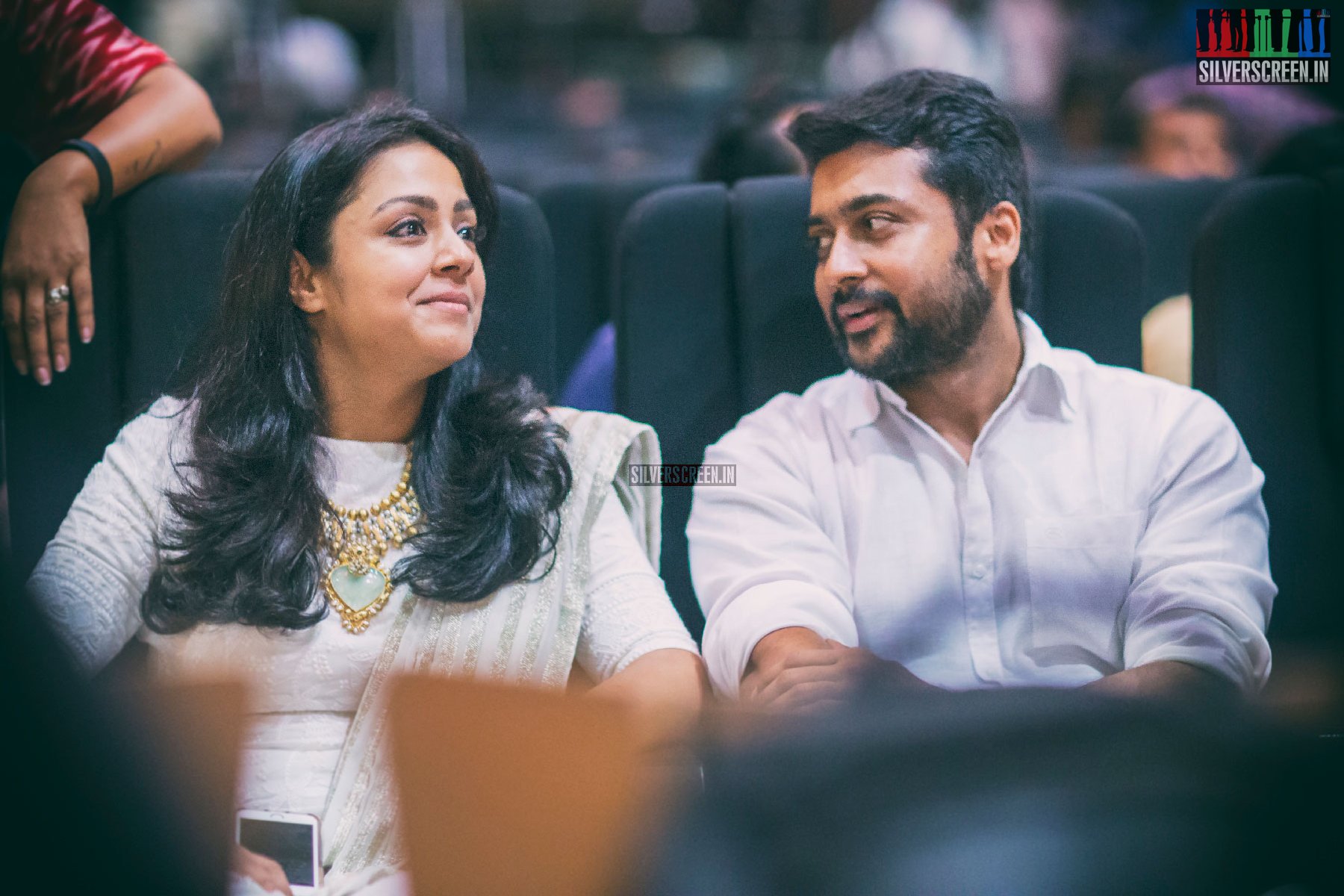Director: Mostofa Sarwar Farooki
Cast: Irrfan Khan, Nusrat Imroz Tisha, Rokeya Prachy, Parno Mittra
At first glance, Doob (No Bed of Roses) seems too slow-paced for comfort. But fuelled with superlative performances by Irrfan Khan, Nusrat Imroz Tisha, and Rokeya Prachy; the film’s languid pace and long silences add depth and meaning. The Indo-Bangladesh film does a fine job of exploring flawed relationships and highlighting the nuances of interpersonal relations in a family.
Doob explores the gradual breaking up of Javed Hasan’s (Khan) marriage with his wife Maya (Prachy). Javed, a popular filmmaker, and Maya had once been so much in love that they had eloped to get married. Two children and several years later, their mad love has now dried up. Javed divorces Maya to marry Nitu (Parno Mittra), the much younger and attractive actor whom he has cast in his latest film.
While cinema is no stranger to the topic of crumbling marriages and their effect on the former partners, Doob instead focusses on the effect the divorce has on Hasan’s teenaged daughter Saberi (Tisha). For Saberi, her father’s unfaithfulness comes a massive blow as Nitu was once her childhood best friend.
Early into the film, during a family vacation, Saberi playfully tells her mother to pretend to be a movie star and ask Javed out for dinner. She advises her father to spend some quality time with Maya and ignore everything else. A sensitive daughter, she’s aware of the cracks in their marriage and almost plays the role of a marriage counsellor to help them reunite and rekindle their lost love. As she increasingly becomes aware of her father’s relationship with Nitu, she is frustrated by her mother’s inability to keep him tied at home.
When rumours spread about Javed’s growing affinity towards Nitu, he spends the night apart from Maya and her questions. When he returns home the next morning and looks around for a glass of water, he finds all the bottles and jugs empty. When he finally walks out, Saberi runs after him with a glass of water, her eyes brimming with tears but stays silent. Saberi is torn between being the devastated daughter and betrayed friend but quickly steps up to become her mother’s emotional anchor, and a dutiful elder sister to her lost, hurt younger brother. She tends to Maya’s wounded heart and fragile self-worth while nurturing a deep-rooted disgust for Nitu and Javed.
The topic of death is introduced early into the film. A man dies either if he isn’t relevant to anyone anymore or if he doesn’t need anyone anymore, Javed tells Saberi. You know Javed’s death is looming every time he drives away dejected after Saberi refuses to meet him, returns his gifts unopened, and his son does not look at him in the eye while he rebukes him for performing poorly in school. No one needs Javed Hasan anymore. You never even know if he found happiness after marrying Nitu.
In a striking scene, when Maya is informed about Javed’s untimely death, she remains deathly calm. She breaks the news to her children on the breakfast table, to which Saberi nonchalantly responds by demanding elaborate omelettes instead of the mundane poached eggs. Maya and her children pretend that Javed’s death doesn’t affect them but they are devastated by the news. Saberi initially refuses to attend Javed’s funeral but eventually breaks down when she sees his coffin and tearfully calls out Baba for the last time.
Khan, undoubtedly, carries the weight of this emotionally-laden film on his shoulders. His eyes speak for him and conveys much more than dialogues could. When Javed takes a walk with Maya, his eyes light up when he recounts his experience of eloping with her. Maya cuts him off and curtly wonders why he is so enthusiastic about the bygone days. His eyes suddenly lose their youthful shine. He begins to mumble something but looks away, pained with the knowledge that his marriage is dying. After he divorces Maya and marries Nitu, he attempts to reach out to Saberi and impress her with expensive gifts. He lacks the confidence to meet her personally and asks the building’s security guard to give it to her. When the guard returns the unopened gift, his eyes reflect his disappointment and embarrassment for involving an outsider into his family affairs.
Recommended
The film, however, misses out on finer details on Nitu. There’s no explanation why Javed cast her in his film and how they fell in love. While initially he tries to drive her away, the film suddenly announces that they are married and later, in a fleeting scene, you know that they also have a young son. Nitu is depicted as a stereotypical jealous second wife who cannot stand her husband being amicable with his former wife and children.
The film has several beautiful shots which linger on the breezy outdoors, with trees and bushes swaying gently in the wind. The film is shot in picturesque locations and gives a rare look into the natural beauty of Bangladesh, a far cry from what was shown in Sam Hargrave’s Extraction.
****
The Doob review is a Silverscreen original article. It was not paid for or commissioned by anyone associated with the film. Silverscreenindia.com and its writers do not have any commercial relationship with movies that are reviewed on the site.



